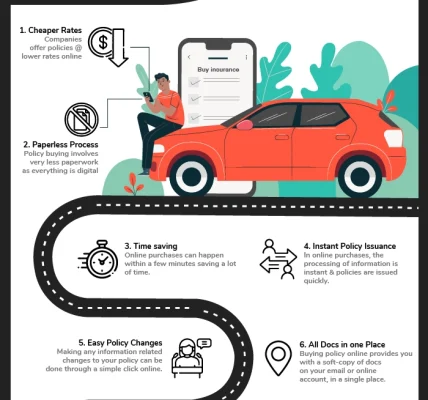Navigating the world of taxes can often feel like deciphering a complex code, and understanding which financial transactions are tax-deductible or reportable is crucial. A common question that arises for many individuals is whether they need to report car loans on their tax returns. The answer, surprisingly, isn’t a straightforward yes or no. It depends heavily on the specific circumstances surrounding the loan and the use of the vehicle it finances. Let’s delve into the intricacies of car loans and their relationship to tax reporting to clarify this often-confusing topic.
Understanding Tax Implications of Car Loans
Generally, taking out a car loan for personal use does not directly impact your tax return. The act of borrowing money is not considered taxable income, and you typically cannot deduct the principal amount you repay. However, there are specific situations where certain aspects related to your car loan may be tax-deductible or need to be reported.
When Can You Deduct Car Loan Interest?
While the principal amount of a car loan isn’t deductible, there are instances where the interest paid on the loan might be. This typically applies when the vehicle is used for:
- Business purposes: If you use your vehicle for business, a portion of the interest may be deductible as a business expense. The deduction is usually proportionate to the vehicle’s business use. Keeping meticulous records of mileage and usage is essential.
- Self-employment: Similar to business use, self-employed individuals can deduct a portion of the car loan interest if the vehicle is used for work.
In these cases, you’ll likely need to use IRS Form 4562, Depreciation and Amortization (Including Information on Listed Property), to calculate and claim the deduction. It’s always best to consult with a tax professional to determine the correct way to handle these deductions.
Personal vs. Business Use: A Key Distinction
The critical factor determining whether you can deduct car loan interest is the vehicle’s use. If it’s primarily for personal transportation, commuting to work, or running personal errands, the interest is generally not deductible. However, if the vehicle is integral to your business operations or self-employment, a portion of the interest becomes a legitimate tax deduction.
For example, a real estate agent who uses their car to show properties to clients can deduct a portion of the car loan interest. The same applies to a delivery driver who uses their vehicle to transport goods. In contrast, a software engineer who drives their personal car to the office cannot deduct the interest.
FAQ: Car Loans and Taxes
Here are some frequently asked questions about reporting car loans on taxes:
- Q: Can I deduct the cost of car insurance?
A: If you’re using the vehicle for business purposes and deducting car loan interest, you may also be able to deduct a portion of your car insurance costs. - Q: What if I lease a car instead of buying it?
A: If you lease a car for business, you can typically deduct the lease payments, but there might be limitations if the car is considered a “luxury” vehicle. - Q: How do I prove my business use of the vehicle?
A: Keeping a detailed mileage log is crucial. This log should include the date, purpose of each trip, and the number of miles driven. - Q: What if I use my car for both personal and business use?
A: You can only deduct the portion of the car loan interest (and other expenses) that corresponds to the business use of the vehicle.
Understanding the nuances of tax law regarding car loans is vital for accurate tax reporting. The tax implications of a car loan often depend on how the vehicle is used; For personalized advice, always seek guidance from a qualified tax professional.

